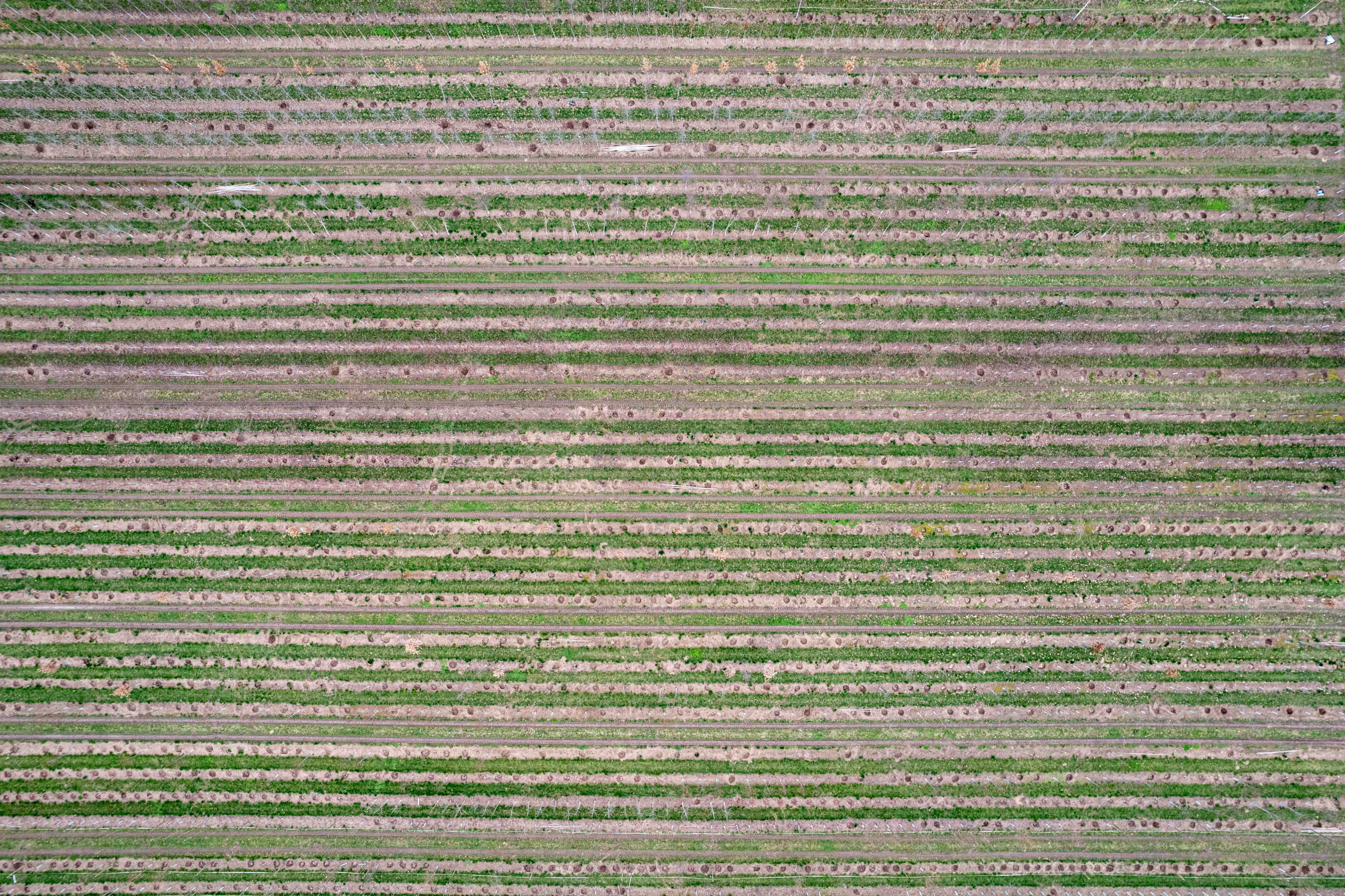Key Takeaways:
- New Position Paper: The International Society of Automation (ISA) has published “Advancing Precision Agriculture Through Control System Technologies”, emphasizing the critical role of industrial control systems (ICS) in advancing precision agriculture.
- Focus on Standardization: The paper highlights the challenges of interoperability and data compatibility caused by the rapid adoption of diverse technologies and advocates for comprehensive standards.
- Educational Initiatives: ISA calls for enhanced curriculum development, professional training, and public awareness to support precision agriculture.
- Sustainability and Efficiency: Automation technologies enable real-time monitoring, seamless communication, and precise control, improving farming efficiency and reducing environmental impact.
- Global Vision: ISA underscores the importance of collaboration among industry stakeholders to drive innovation and adoption of precision agriculture technologies.
The International Society of Automation (ISA), the leading professional society for automation, has released a new position paper titled “Advancing Precision Agriculture Through Control System Technologies”. The document outlines the critical role that industrial control systems (ICS) play in advancing precision agriculture and addressing sustainability challenges in the agricultural sector.
The Role of Automation in Precision Agriculture
Precision agriculture leverages technologies such as GPS, sensors, data analytics, and automation to optimize farming operations. ISA’s position paper highlights that industrial control systems serve as the backbone of these technologies, enabling seamless communication, real-time monitoring, and precise operational control.
However, the rapid proliferation of technologies has led to challenges such as a lack of standardization, interoperability issues, data compatibility concerns, and higher costs for farmers. ISA’s paper argues that addressing these issues through robust standards and training is essential to unlocking the full potential of precision agriculture.
Key Points in the Position Paper
The paper provides a comprehensive overview of:
- The current state of precision agriculture and the challenges it faces, particularly in technology integration and scalability.
- The role of ICS frameworks and their components in enhancing communication, monitoring, and control.
- The benefits of precision agriculture, including improved efficiency, resource optimization, and reduced environmental impact.
- The need for standardization, to streamline interoperability, reduce costs, and improve reliability across technologies.
- Educational initiatives, including curriculum and professional development, public awareness campaigns, and research to drive innovation.
“By working together, we can drive the advancement of precision agriculture, which promises enormous benefits for farmers and the global economy,” said Claire Fallon, CEO and executive director of ISA. “ISA’s new position paper shows that automation technologies and skilled, knowledgeable automation professionals play a major role in precision agriculture’s widespread successful adoption.”
ISA’s Commitment to Automation and Agriculture
ISA is an international nonprofit professional association dedicated to developing safety and performance standards for automation, as well as providing education, training, and certification for automation professionals. The organization also publishes books, technical articles, and provides networking opportunities to support career development.
Through this position paper, ISA reinforces its commitment to connecting automation technologies with the agricultural sector, advocating for solutions that improve sustainability and efficiency while reducing barriers to adoption.
Driving Collaboration for Sustainable Agriculture
ISA’s call for collaboration among industry stakeholders, including farmers, technologists, and policymakers, is central to its vision for the future of precision agriculture. By integrating standardized automation technologies, the agricultural sector can achieve:
- Greater scalability of precision farming techniques.
- Improved cost-efficiency and reliability of operations.
- Enhanced sustainability, reducing environmental impacts while optimizing resource use.
Read the entire report here.


